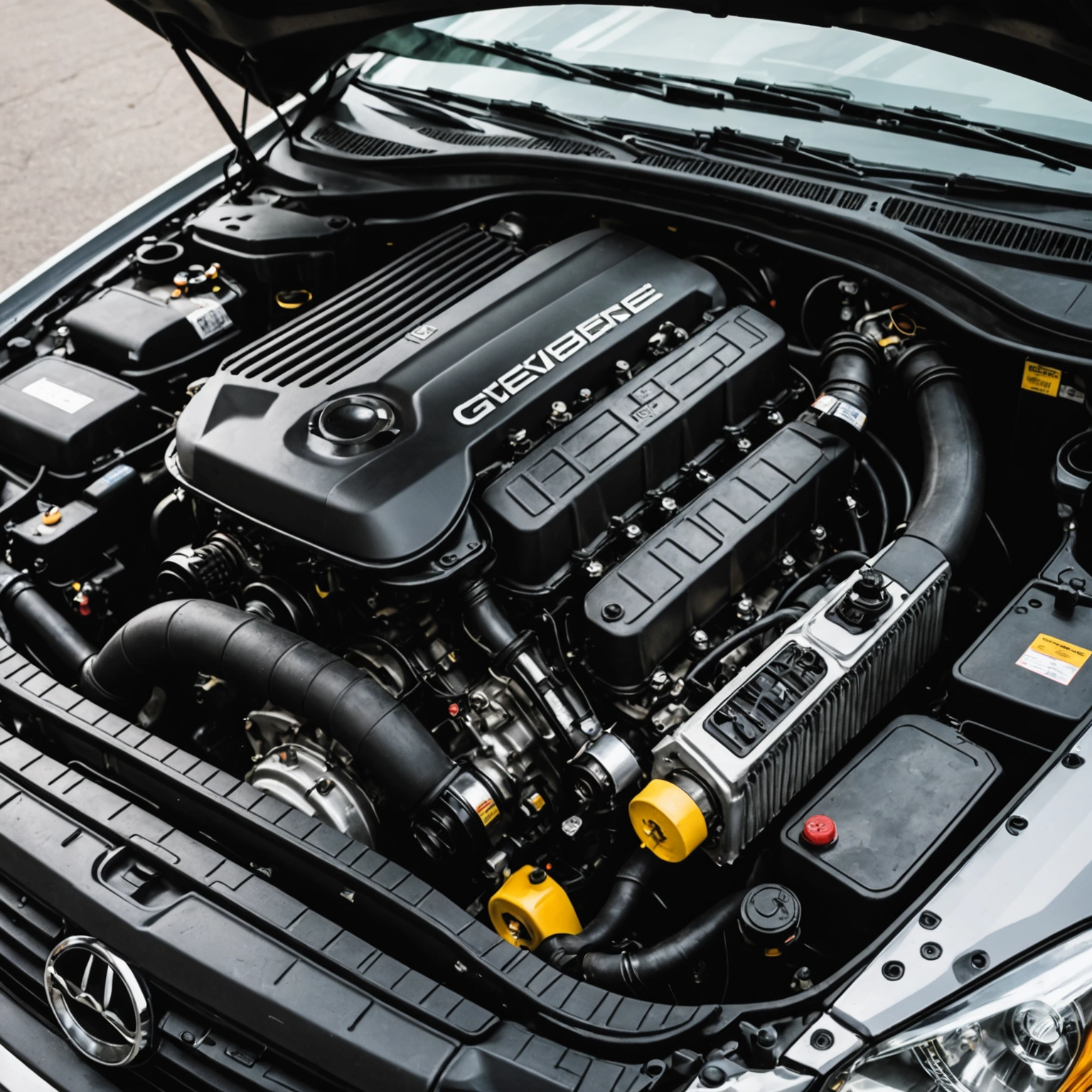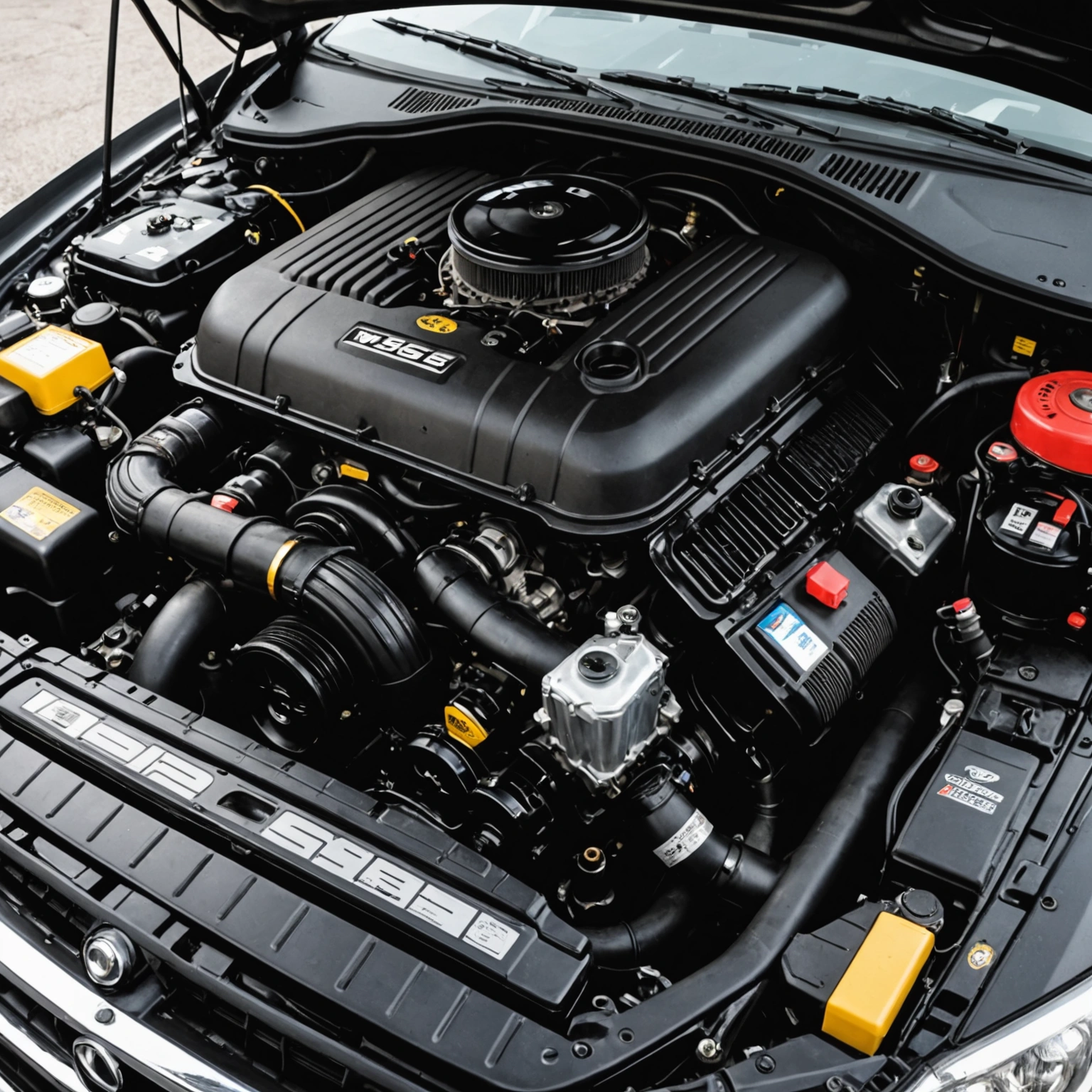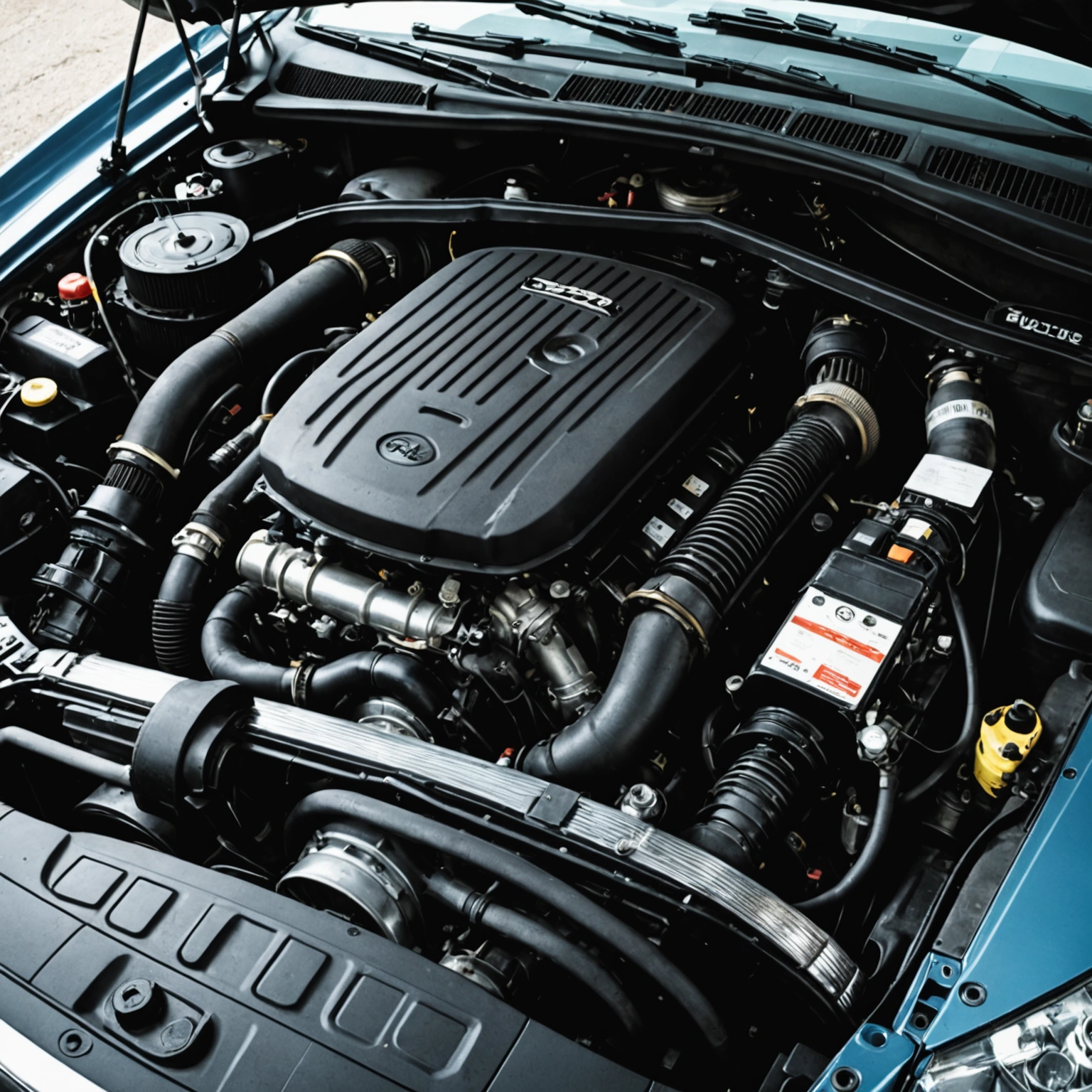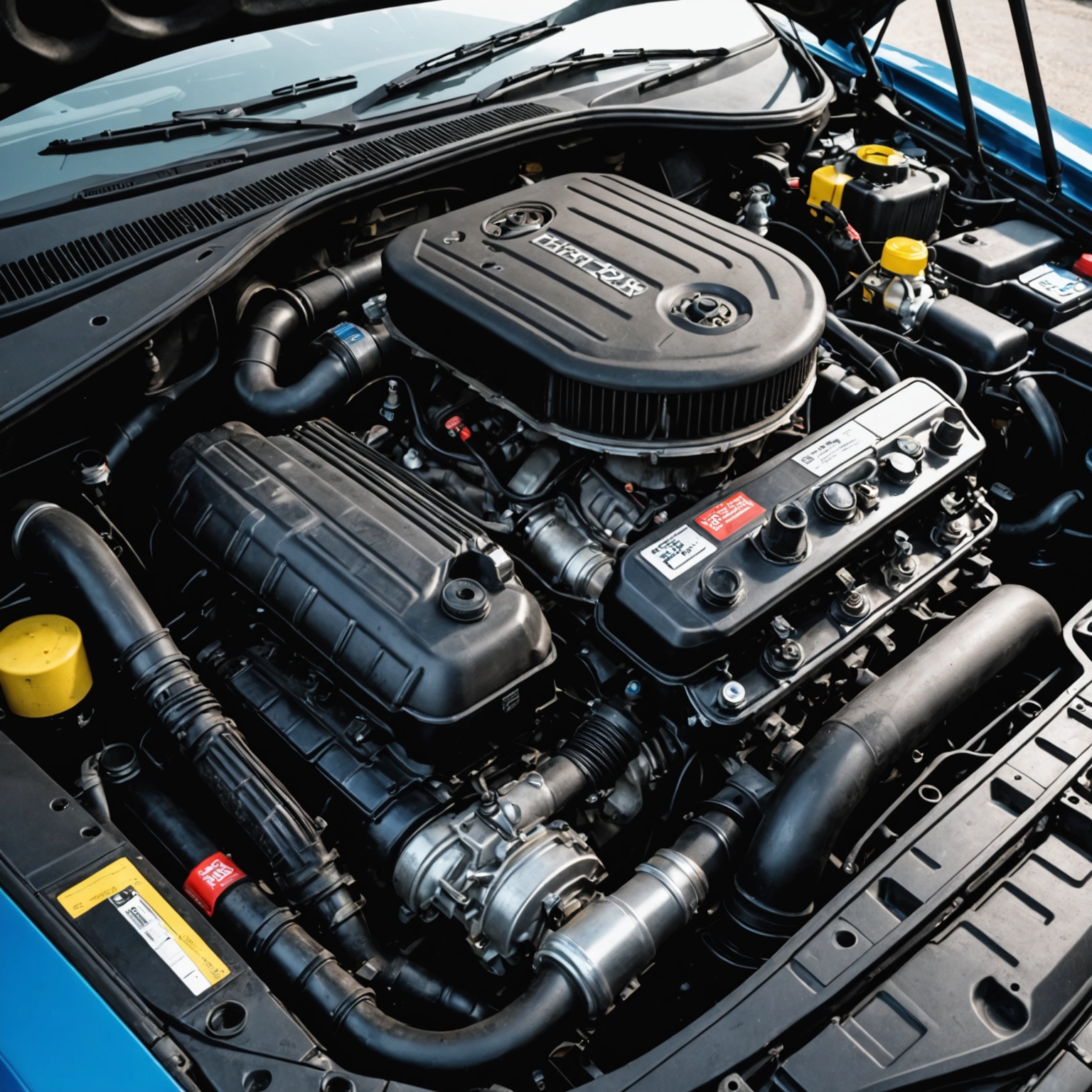**Why Does My Car Engine Keep Overheating? Understanding the Causes and Solutions**
If you’ve ever experienced your car’s temperature gauge creeping into the red zone or noticed steam rising from the hood, you’re likely dealing with an overheating engine. Engine overheating isn’t just inconvenient; it can cause serious damage if not addressed promptly. Understanding why your engine keeps overheating is the first step toward diagnosing and fixing the issue. Here are some common reasons why your car engine might be running hot and what you can do about it.

### Common Causes of Engine Overheating
#### 1. Low Coolant Levels

Coolant, also known as antifreeze, plays a crucial role in regulating your engine’s temperature. If the coolant level drops due to leaks or evaporation, the engine may not be sufficiently cooled, leading to overheating.
**What to do:** Check the coolant reservoir regularly and top it up if it’s low. Look for leaks under the vehicle or around the radiator and hoses.

#### 2. Faulty Thermostat
The thermostat acts as a gatekeeper, controlling when coolant flows through the engine. If it gets stuck closed, coolant can’t circulate properly, causing the engine to heat up.

**What to do:** If overheating occurs frequently, have the thermostat tested and replaced if necessary.
#### 3. Radiator Issues
The radiator dissipates heat from the coolant. Blockages, corrosion, or leaks can impair its function.
**What to do:** Inspect the radiator for debris, corrosion, or leaks. Flushing the radiator or replacing it may be necessary if it’s clogged or damaged.
#### 4. Water Pump Failure
The water pump circulates coolant throughout the engine. A failing pump can result in inadequate coolant flow and increased engine temperature.
**What to do:** Listen for unusual noises from the pump area and have it inspected. Replacement may be required if it’s not functioning properly.
#### 5. Cooling Fan Problems
Electric or mechanical cooling fans help draw air through the radiator. If they fail, especially at low speeds or idling, overheating can occur.
**What to do:** Check if the fans turn on when the engine heats up. Repair or replace faulty fans or relays.
#### 6. Damaged or Clogged Hoses
Hoses transport coolant between components. Cracks, leaks, or blockages can hinder coolant flow.
**What to do:** Regularly inspect hoses for signs of wear, bulges, or leaks, and replace them as needed.
#### 7. Head Gasket Failure
A blown head gasket can cause coolant leaks or mixing of coolant and oil, leading to overheating and engine damage.
**What to do:** Symptoms include white smoke from the exhaust, milky oil, or loss of coolant. Have a mechanic perform a compression test to confirm.
### Preventive Tips to Avoid Overheating
– **Regular Maintenance:** Schedule routine inspections of the cooling system, including coolant levels, hoses, and radiator condition.
– **Use the Correct Coolant:** Always use the manufacturer-recommended coolant type and mix.
– **Monitor Gauges:** Keep an eye on your temperature gauge during drives, especially in hot weather or heavy traffic.
– **Check the Radiator Cap:** A faulty cap can cause pressure loss, affecting coolant boiling point.
– **Drive Responsibly:** Avoid heavy loads and high-speed driving in hot conditions if your cooling system isn’t in top shape.
### When to Seek Professional Help
If your engine continues to overheat despite checking these components, or if you’re experiencing warning lights, unusual smells, or steam, it’s best to consult a professional mechanic promptly. Overheating can lead to severe engine damage, including warped cylinder heads or complete engine failure.
—
**In summary**, engine overheating can stem from various issues, most of which relate to the cooling system. Regular maintenance, prompt repairs, and attentive driving habits can keep your engine running cool and extend its lifespan. If you’re unsure about any symptoms or repairs, don’t hesitate to seek expert advice to keep your vehicle in optimal condition.

